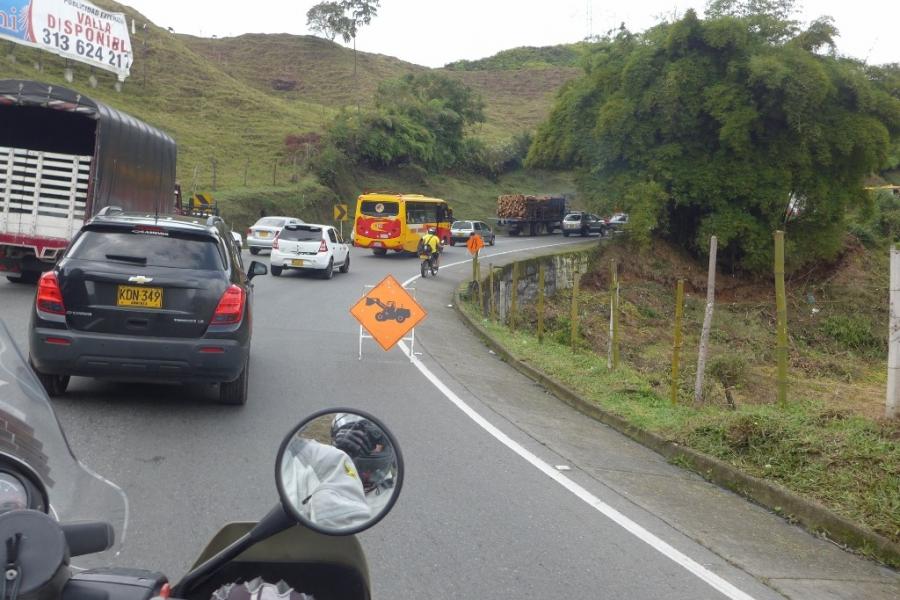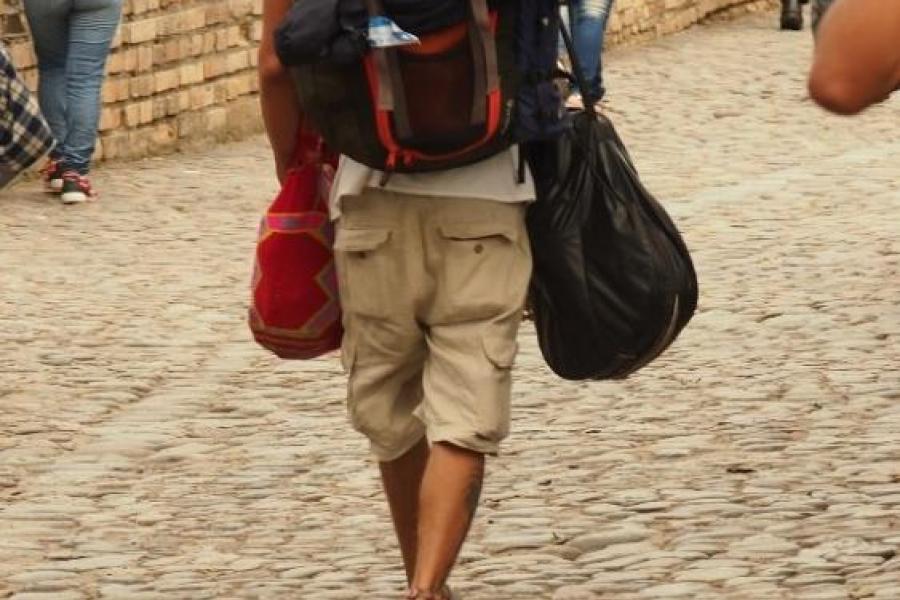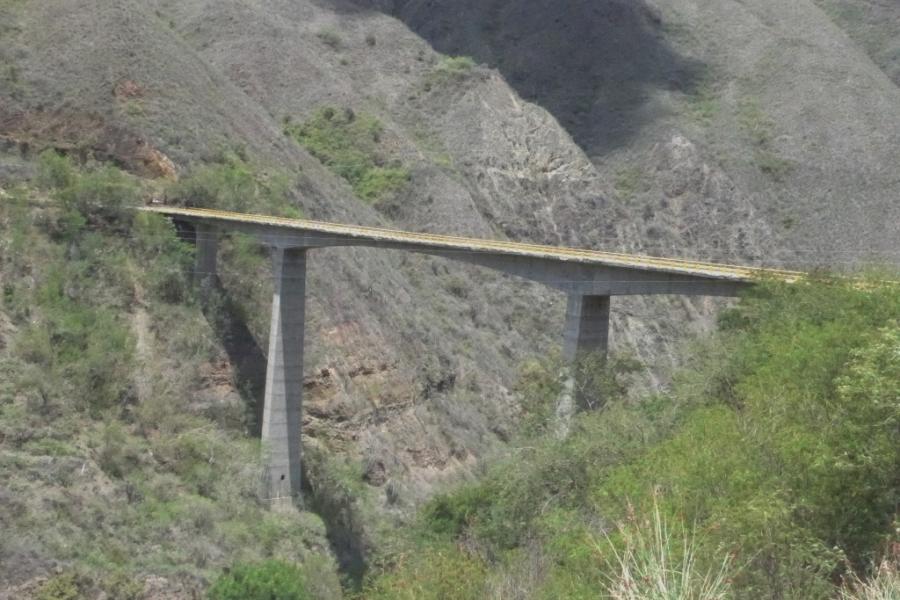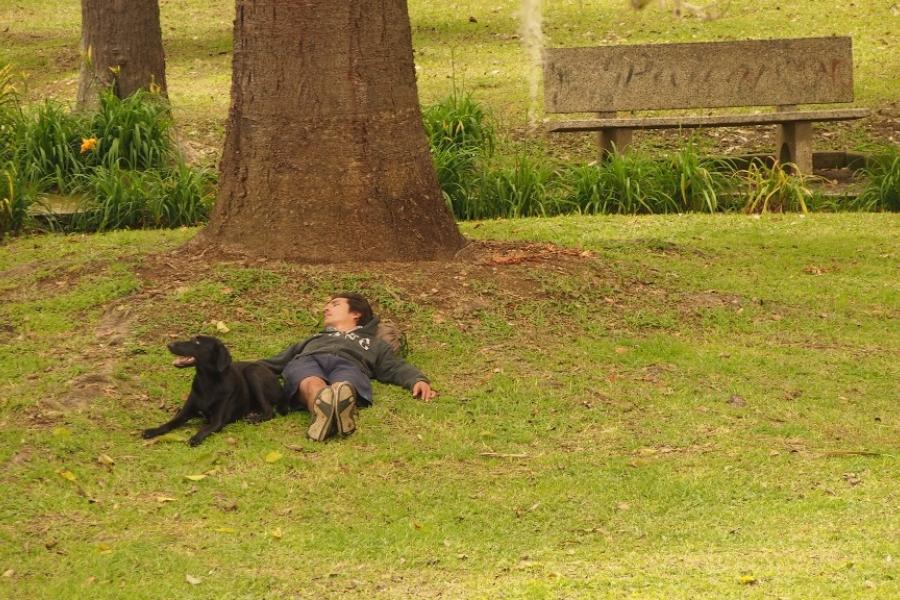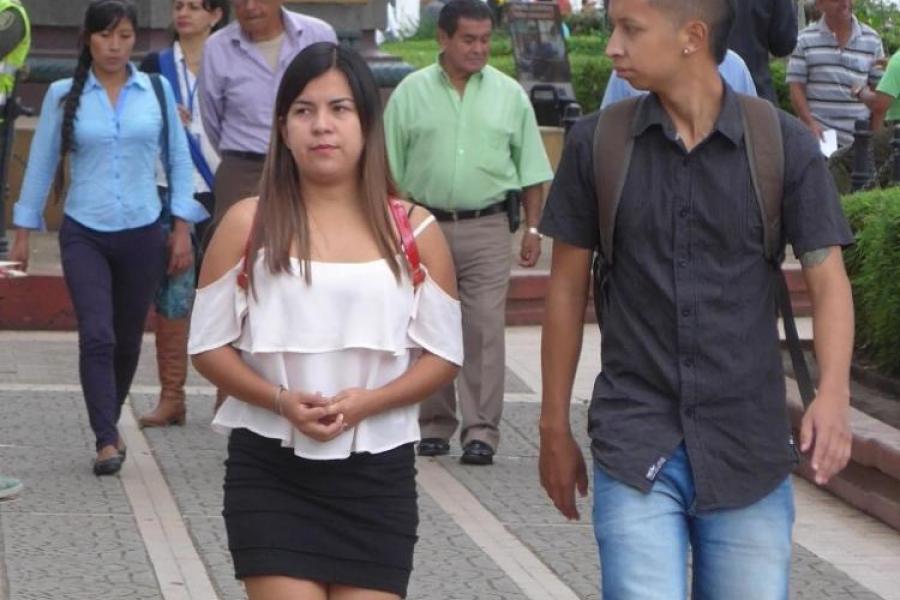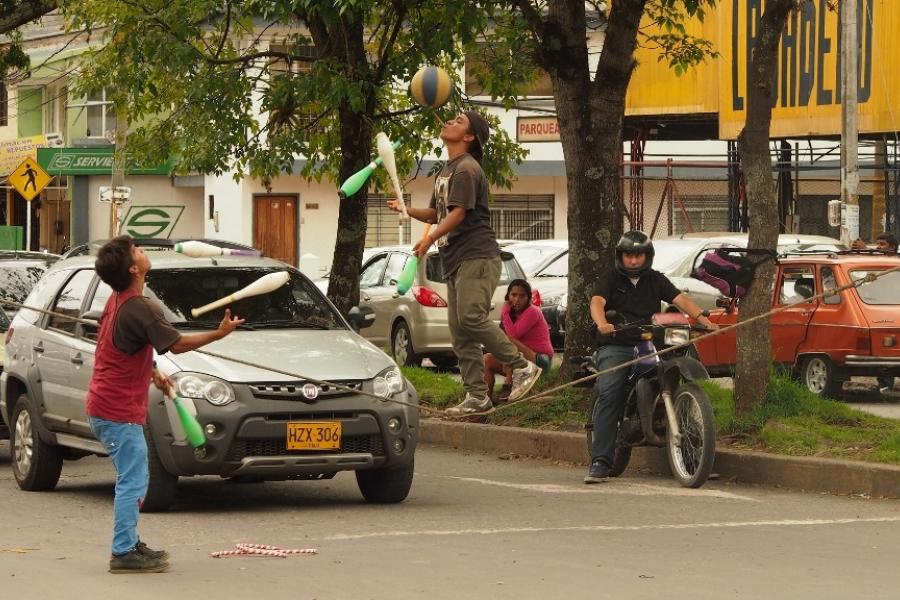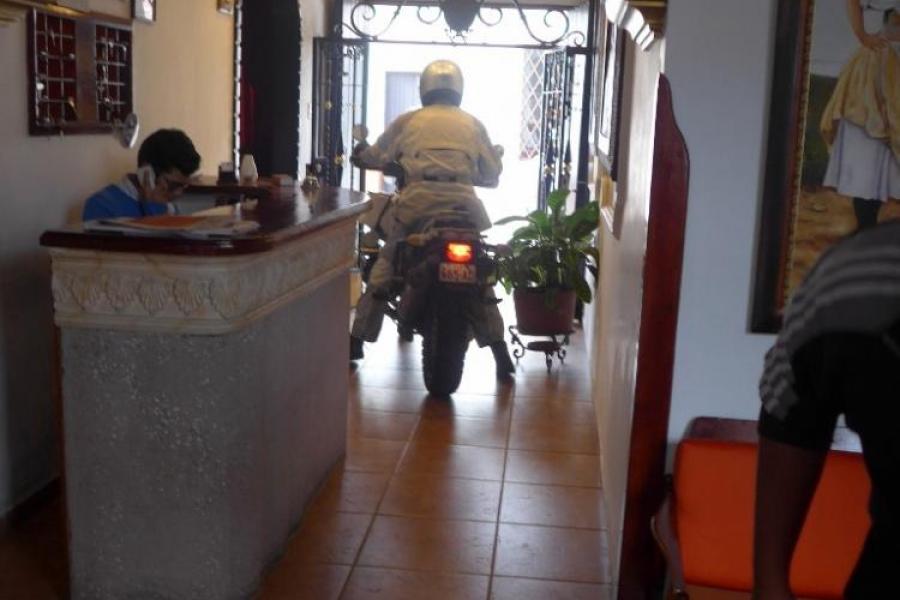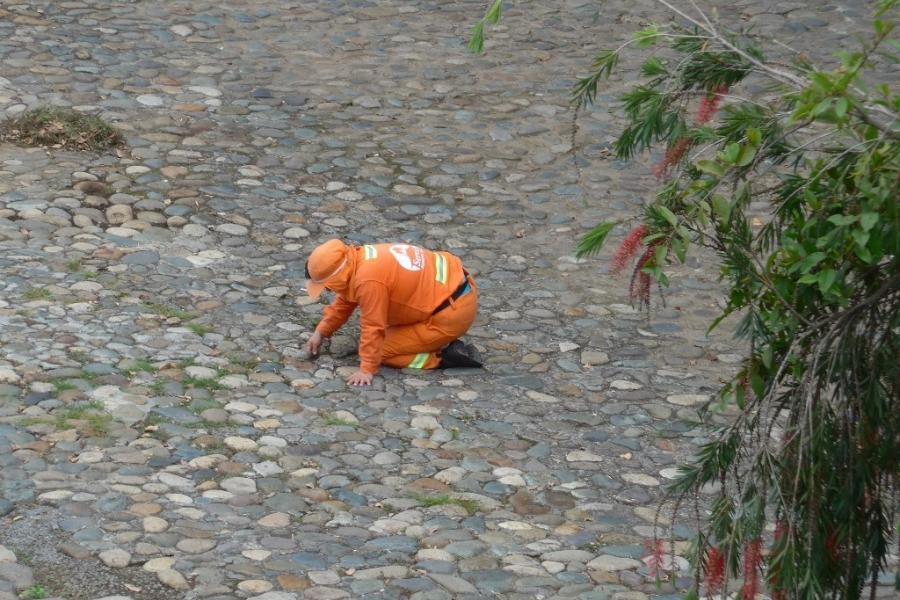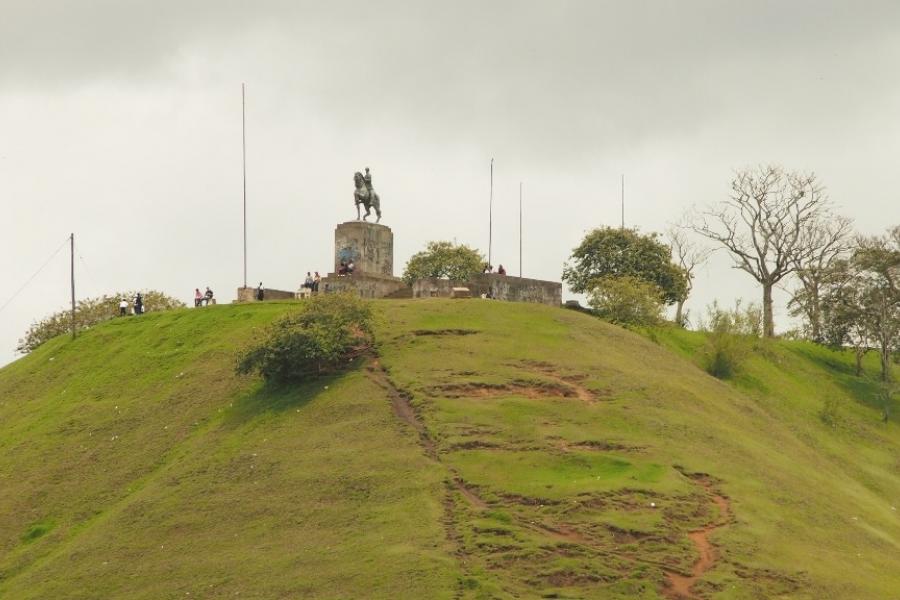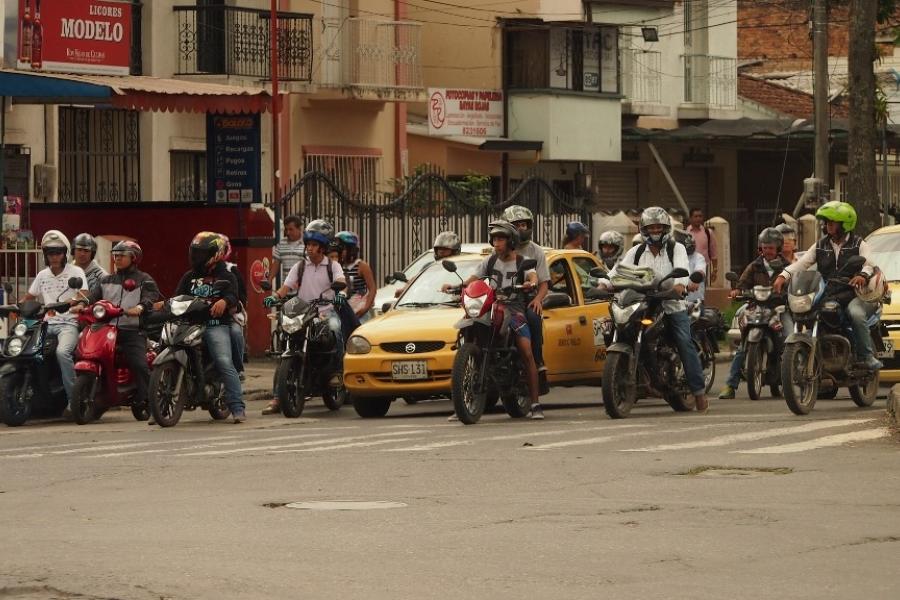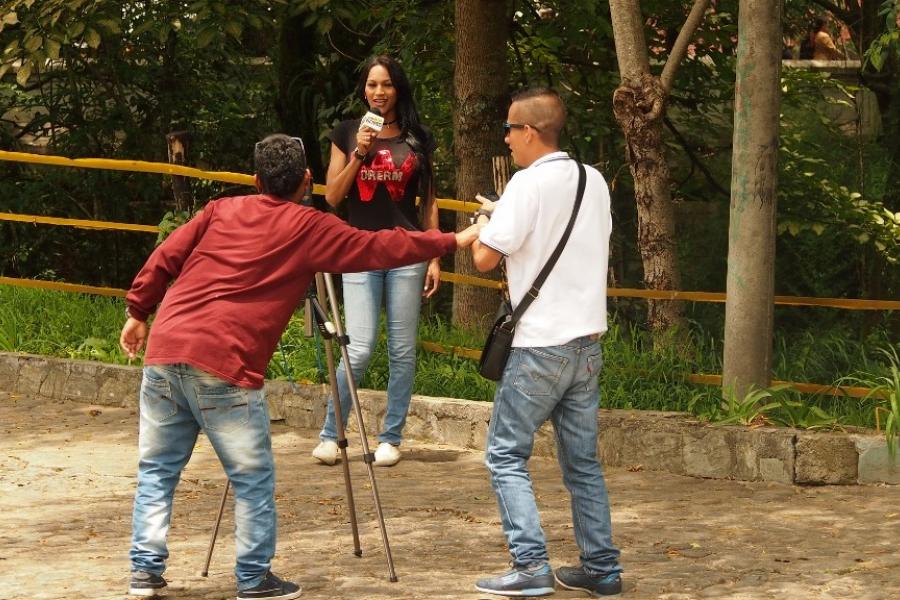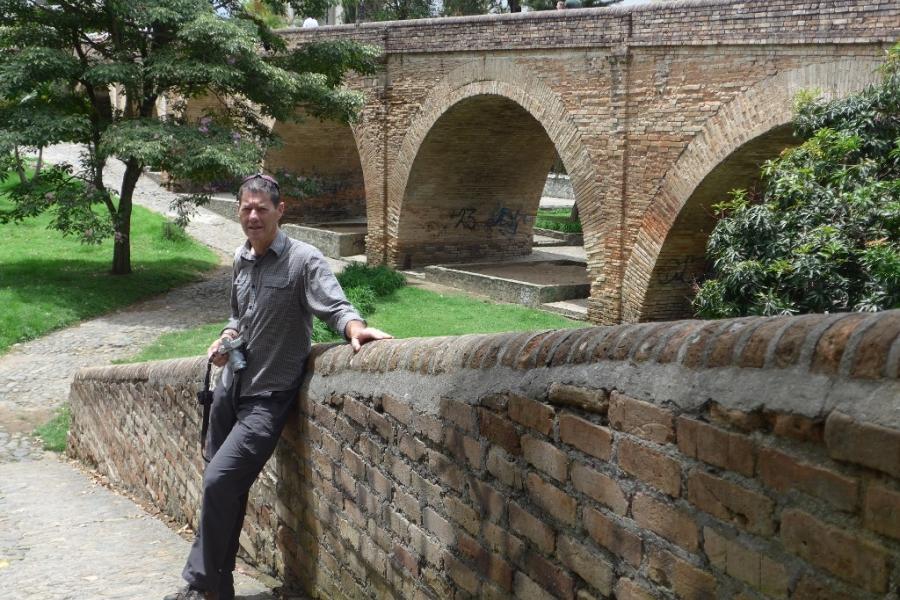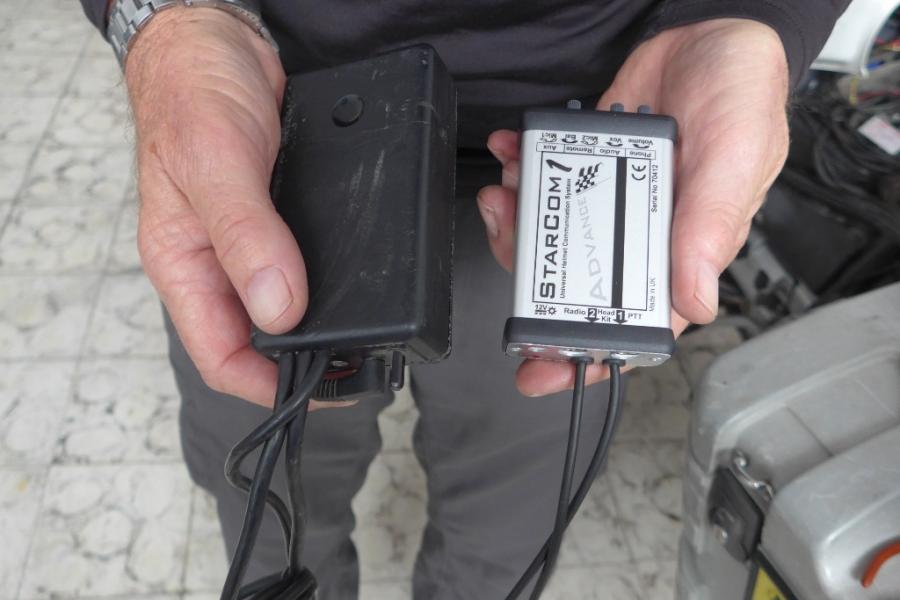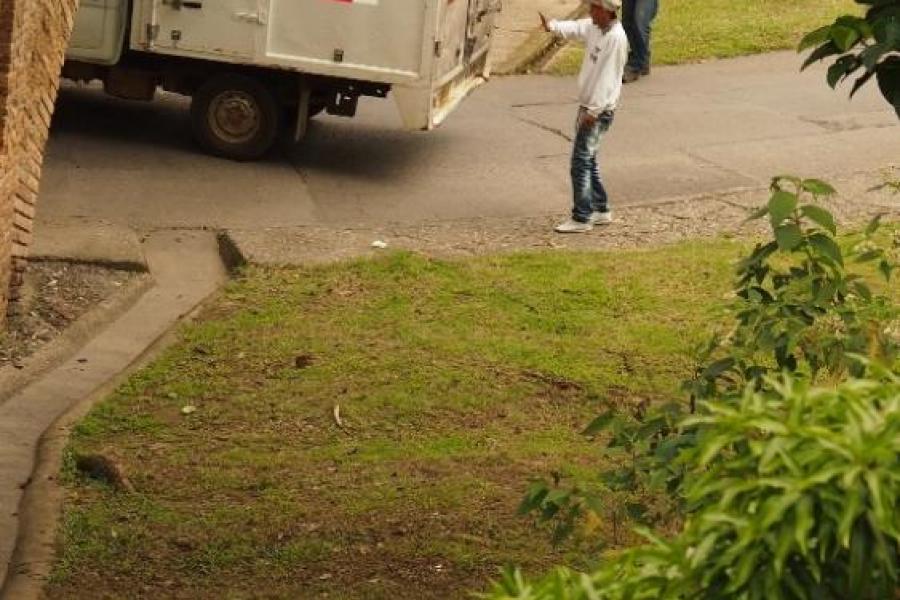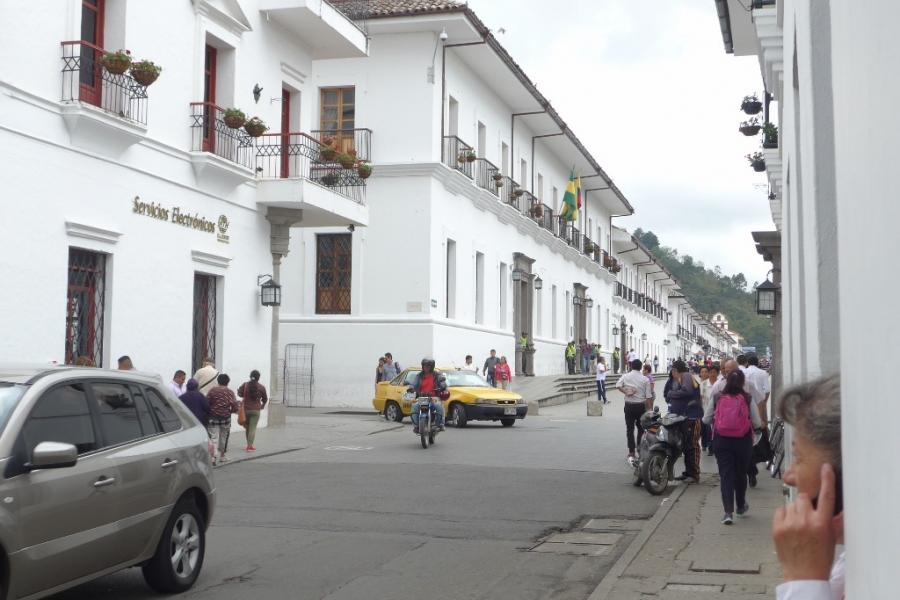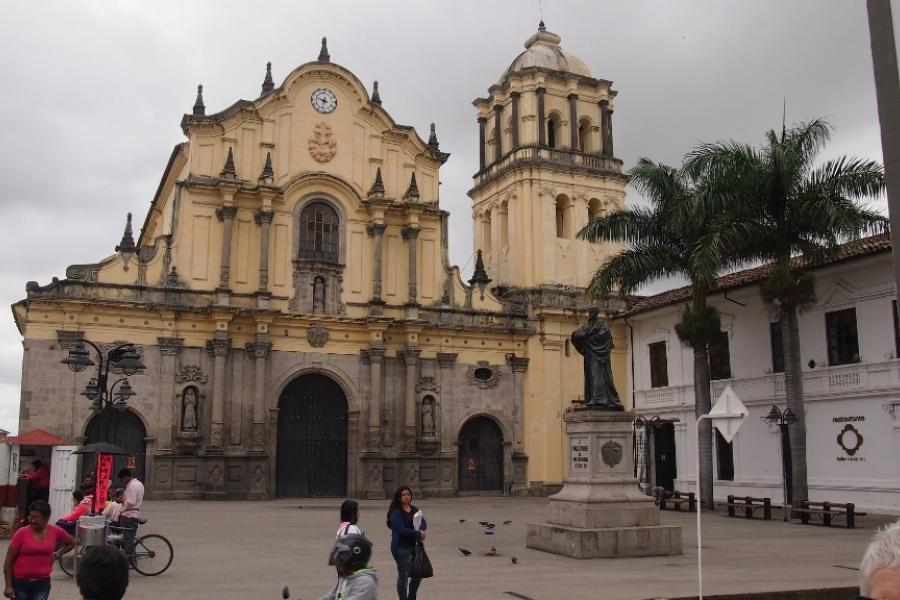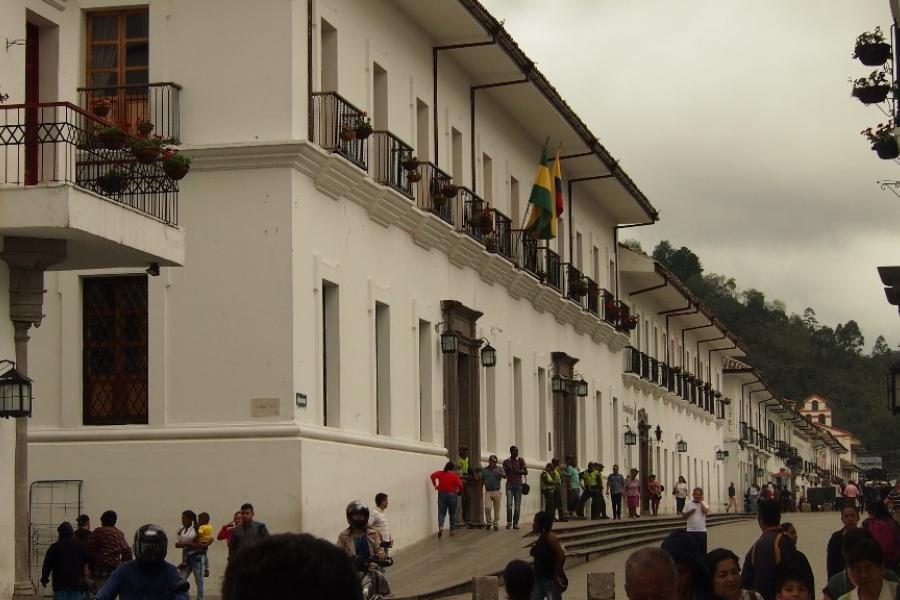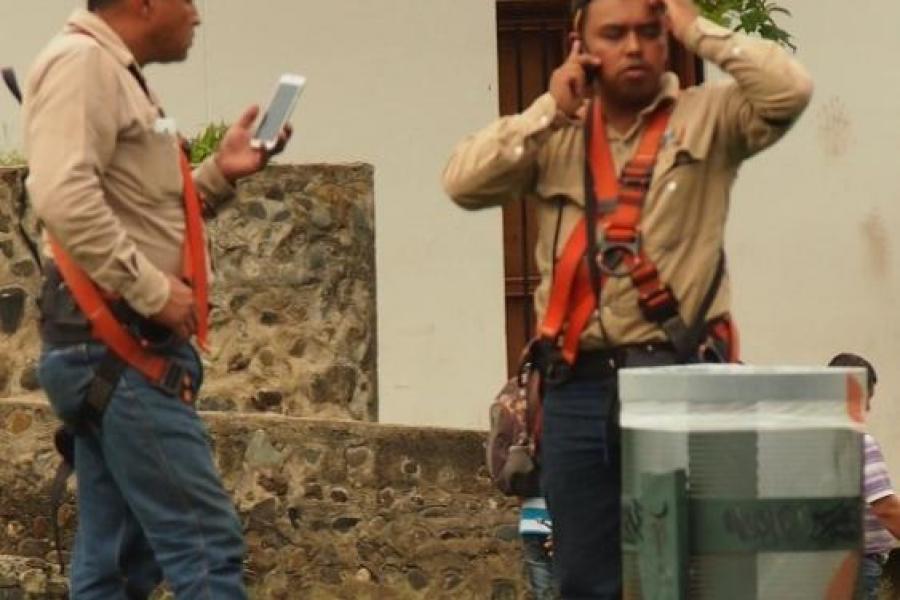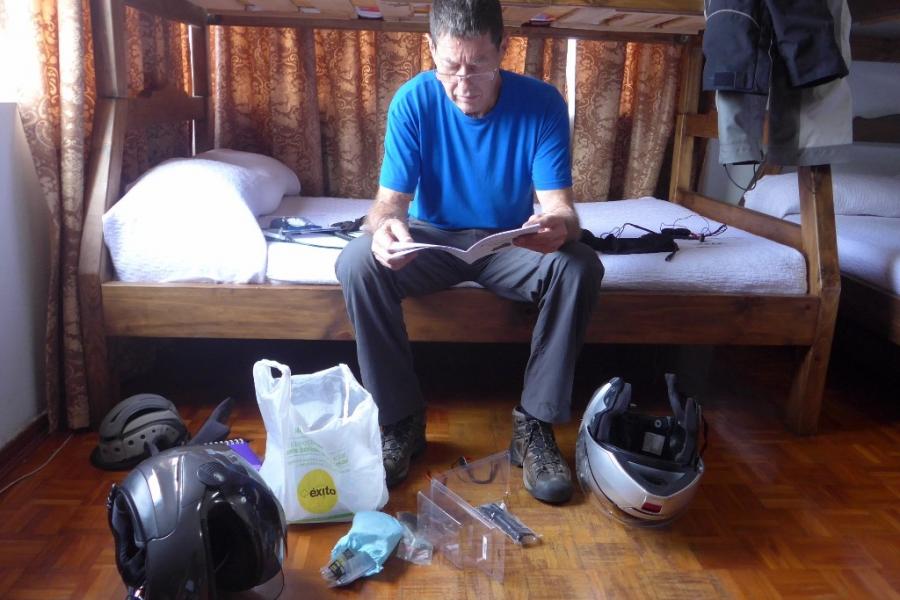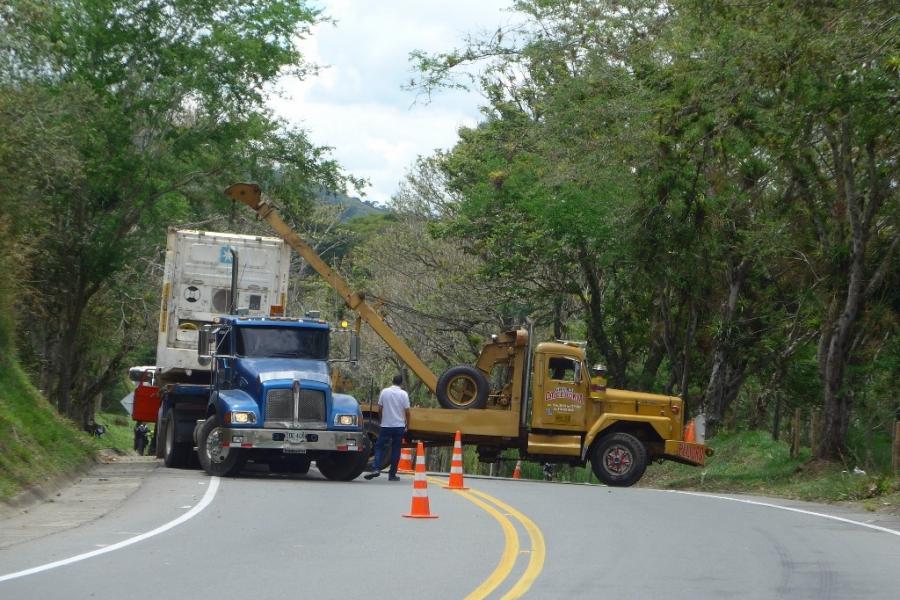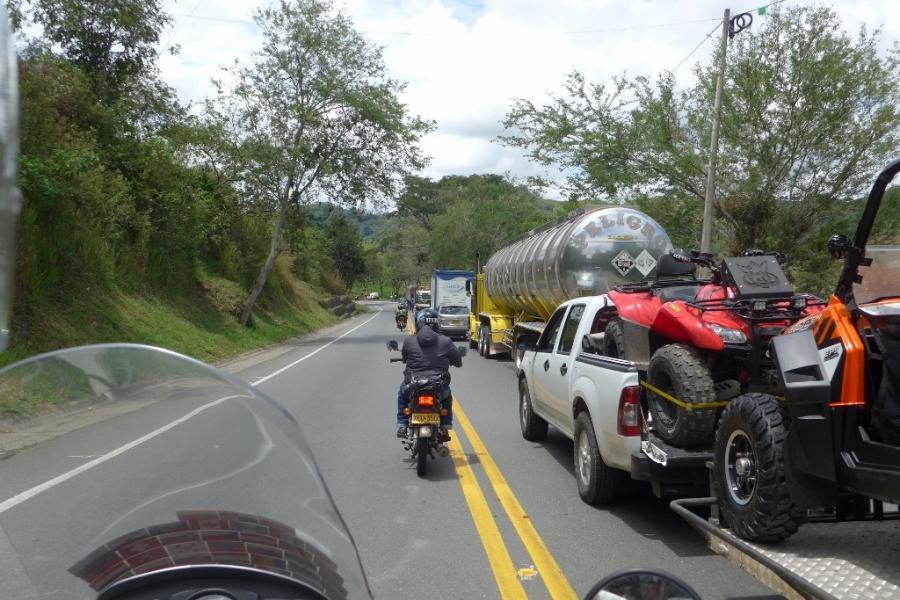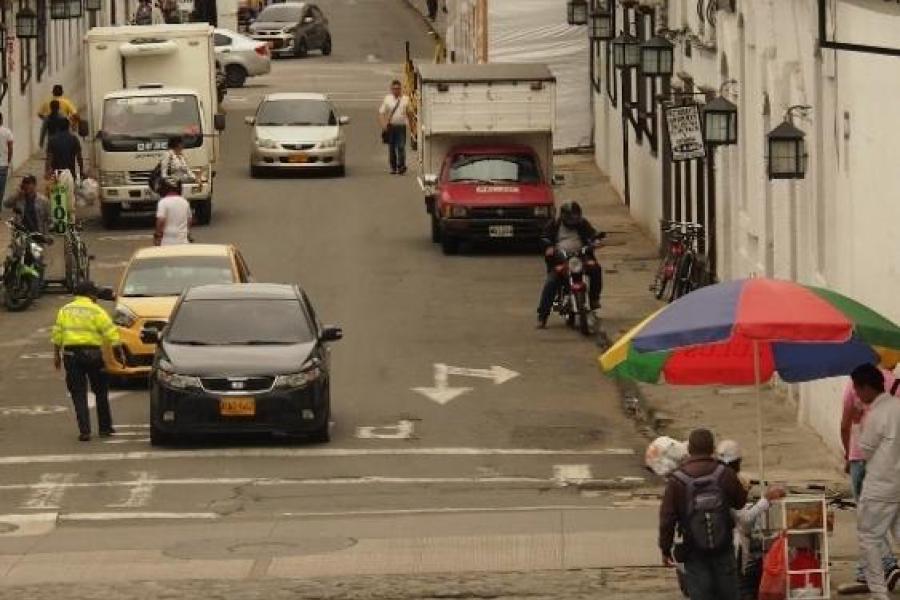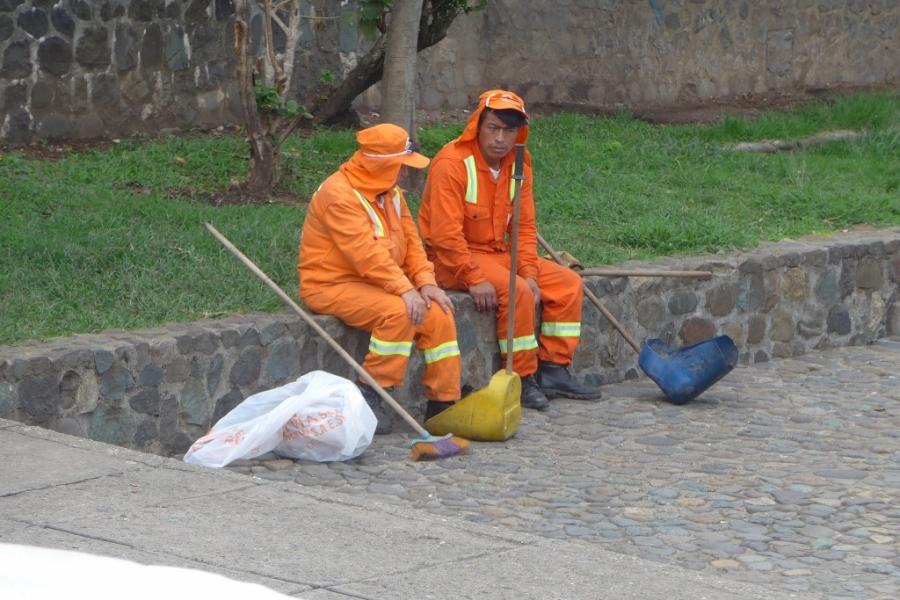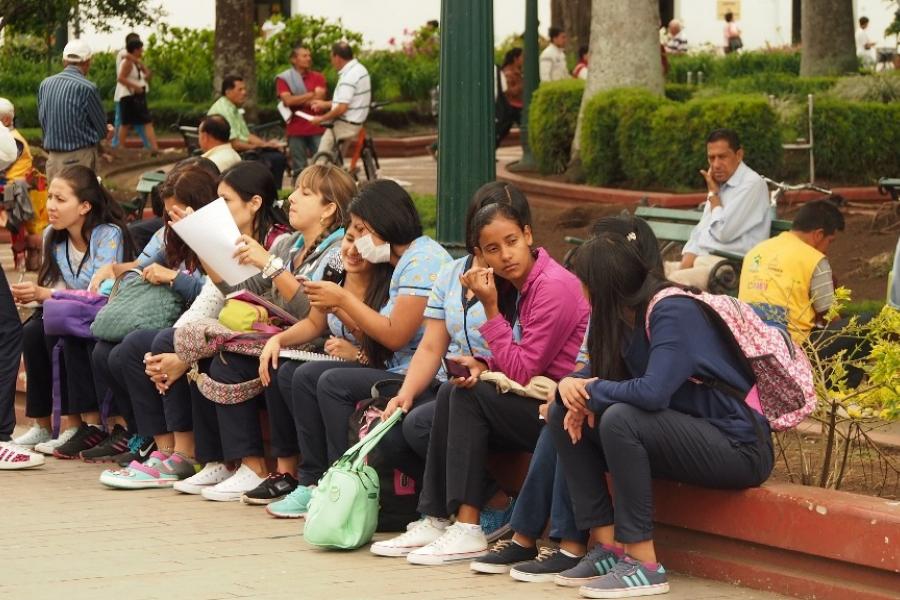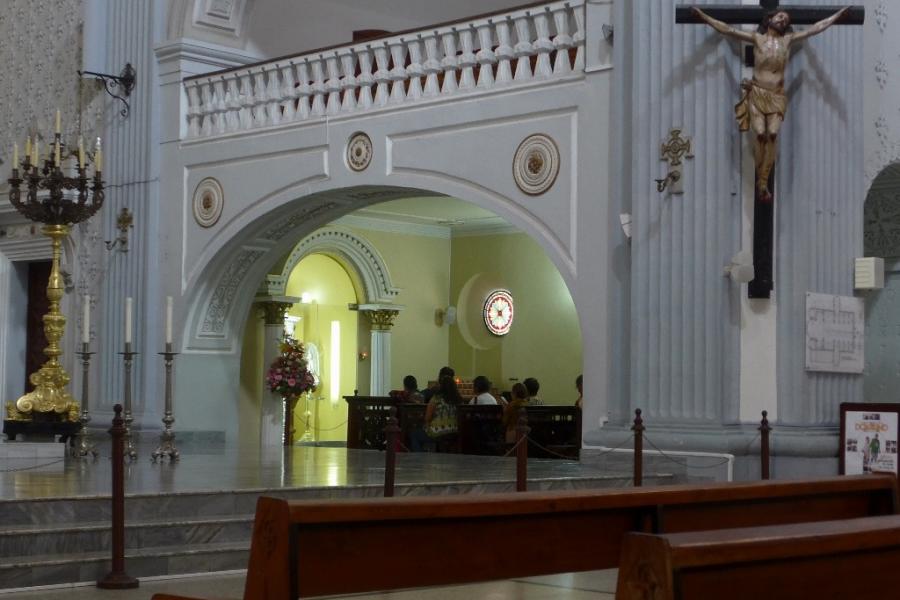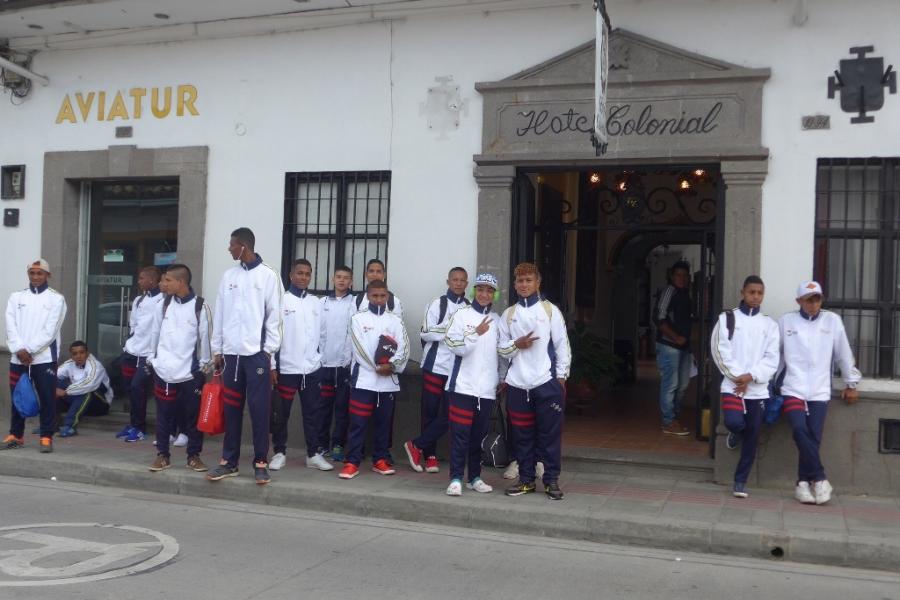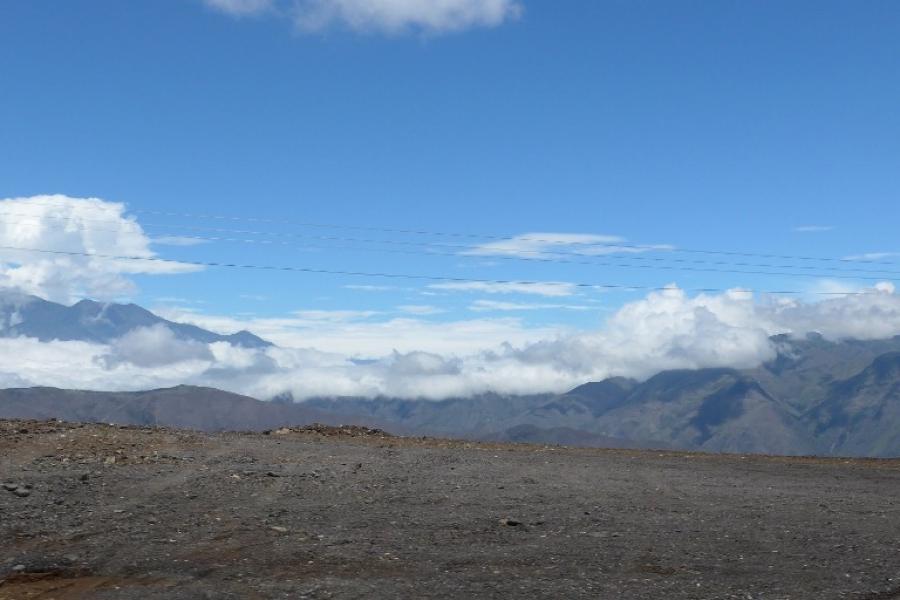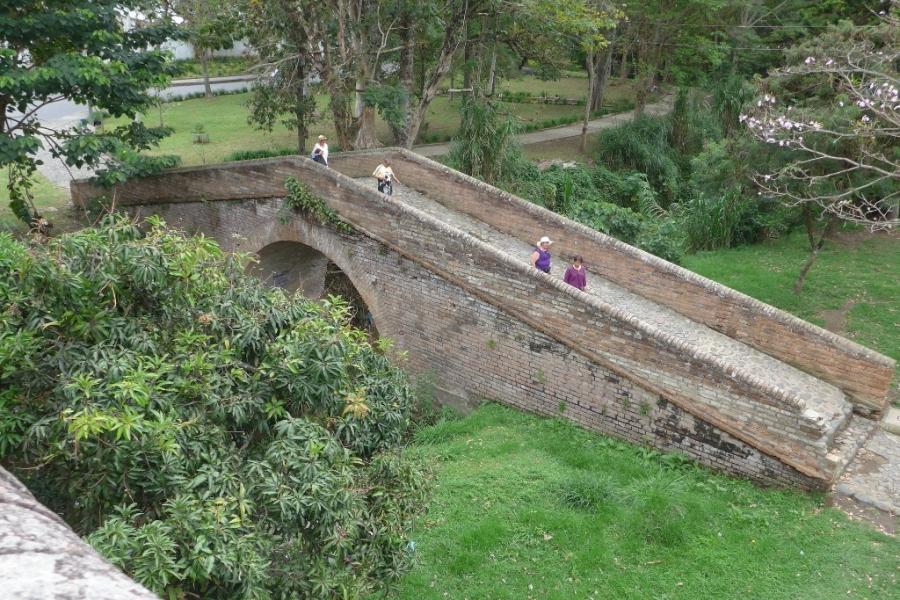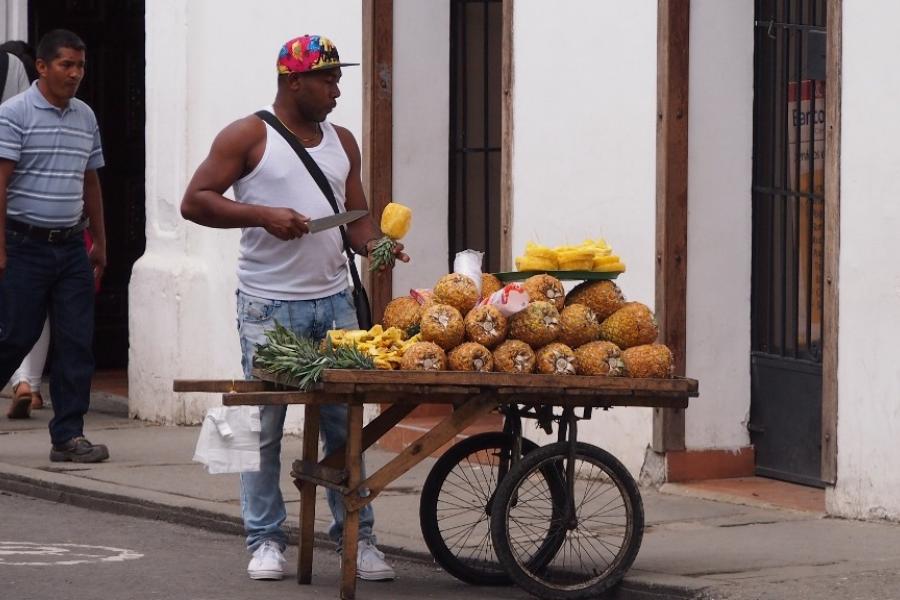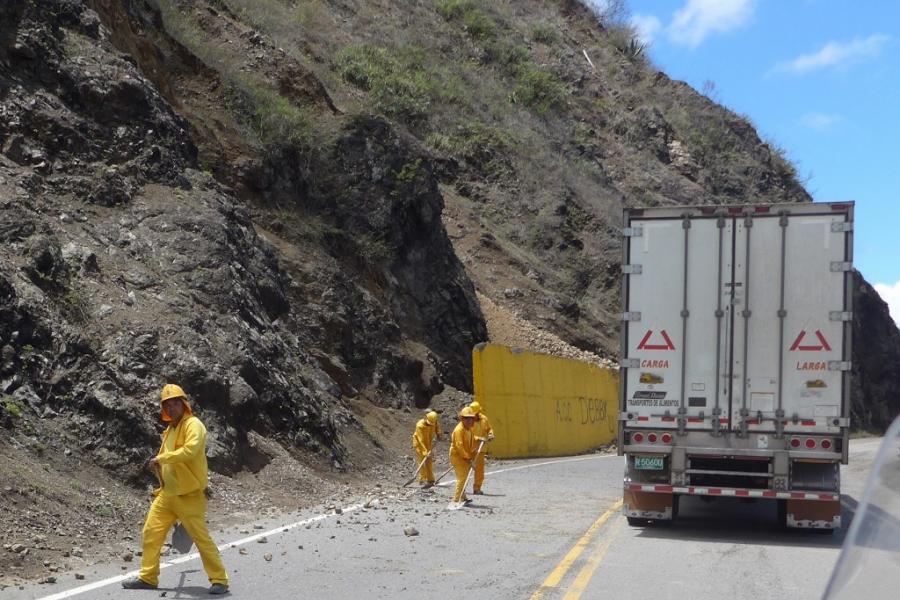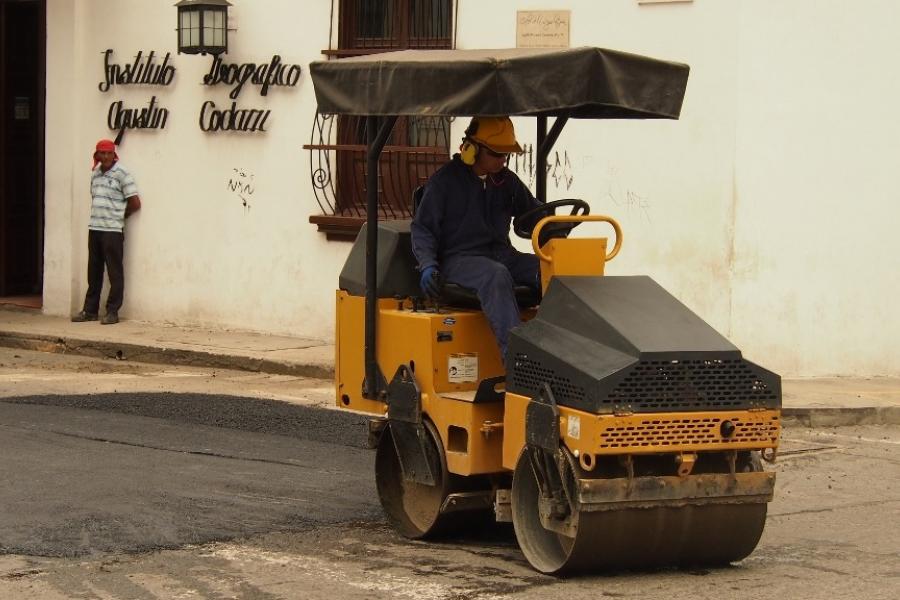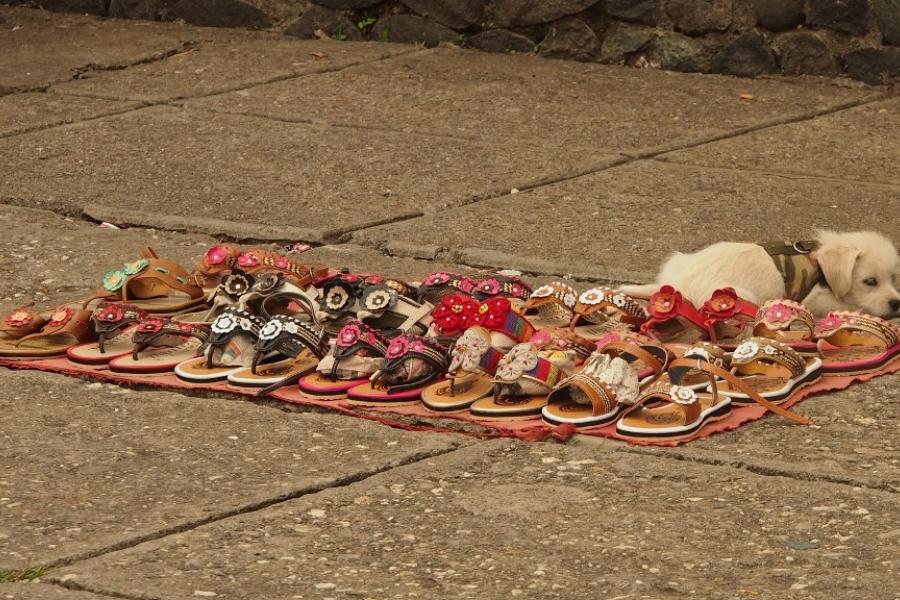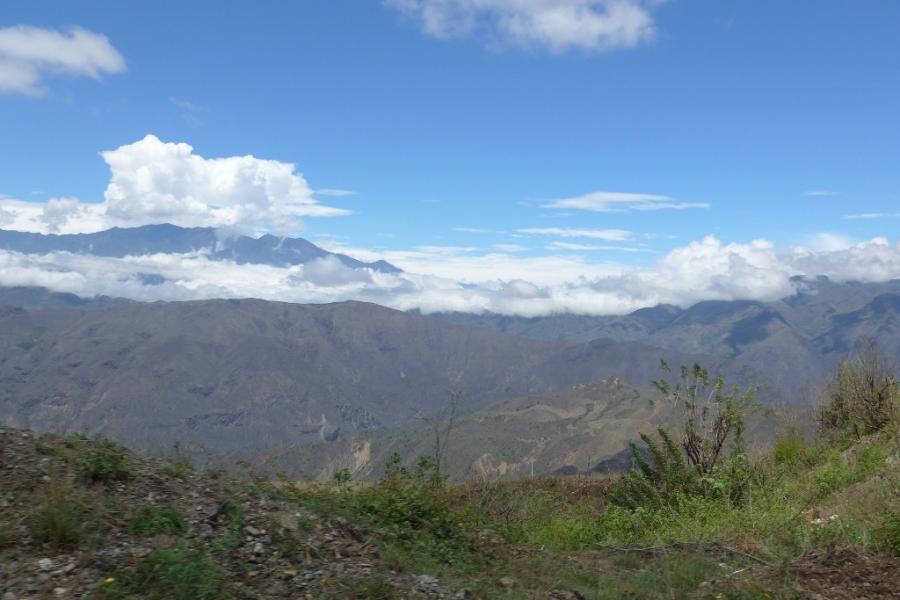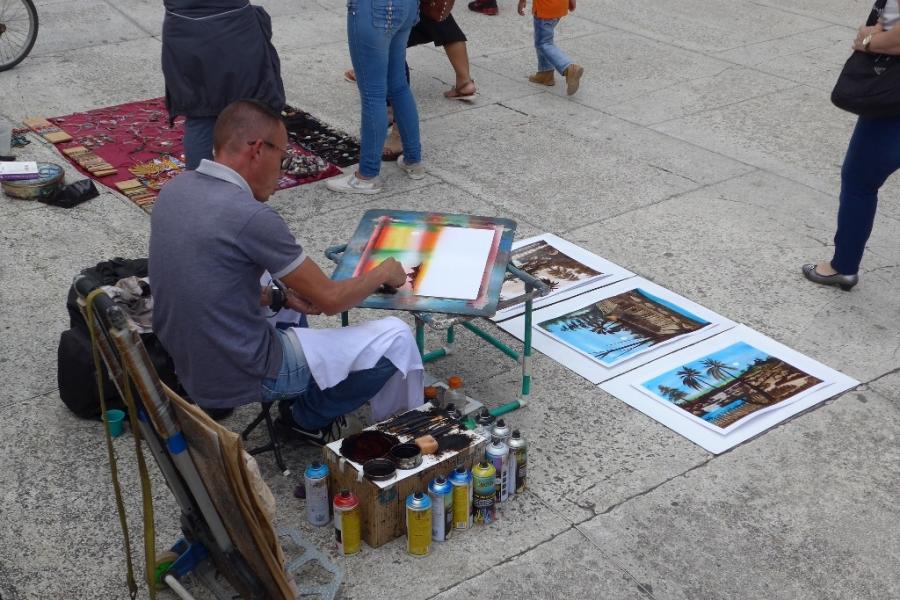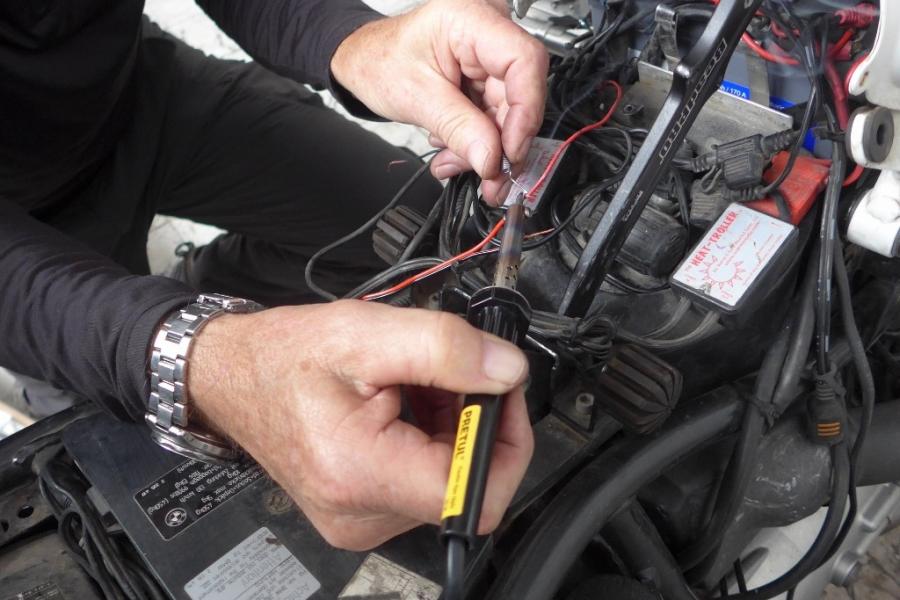Colombia's People (Originally posted 17 Oct 2016)
Country
In the last years of the 18thnCentury and the early years of the 19th, the great hero of Latin American liberation, Simón Bolívar, spent years in Spain, France and the United States. He saw first hand the weakness of the Spanish king (Bolívar's house-mate was the Queen's lover for a time), saw Napoleon crowned Emperor of France, sought support for his revolution from the British and Americans and vowed to rid the continent of South America of its Spanish oppressors. The great revolutions in France and the US were fresh and he studied them voraciously. He saw how the people of America and France had, eventually, been galvanised to the cause of freedom and realised, with stunning prescience, that such a revolution could never happen in his homeland.
Bolívar saw that the American and French revolutions were each made by a homogeneous population, educated and world wise. These revolutions, despite their fine philosophical underpinnings, were strictly limited in their application. The American Revolution was not for Native Americans nor African slaves who powered much of the economy and the French cry of liberté, égalité, fraternité did not have the broad meaning we apply today. Bolívar realised that there was no single homogeneous group able to sustain a South American revolution and that, after 300 years of enslavement by the Spanish, the people were fragmented, unworldly and uneducated. The Spanish crown had, after all, thrown the Jesuits out of the Americas when they started to educate the population, for education is not needed by a slave. The population was fiercely divided with no sense of place beyond village or town. It was also savage and vengeful. It understood only the capricious rule of the overlord and had no concept of democracy or the rule of law. In short, they lacked all of the characteristics needed for a successful uprising.
But Bolívar also saw one other characteristic that was unique and would be the making of the revolution. Three hundred years of enslavement had seen the enslaved interbreed to a ferocious degree. Few people were “pure” anything any more and, despite the Spanish obsession with the purity of the ruling élite, nearly every Spanish family, including Bolívar's, had some non-Spanish blood in its past. Here in the north of the continent a tyranny had created the world's great ethnic mixing pot and in this was Bolívar 's main chance.
By the time the revolution was in full, savage flight in 1818, Bolívar had freed all slaves and made the message clear to all. Every man is truly equal and we are all in this together. At a time when the French were busy fighting for another dictator and the Americans were still a half century away from ending slavery, Bolívar's South American experiment is stunning and little understood. Its legacy, however, is everywhere as we travel through Colombia. It is one of the true melting pots of humanity and it was here for the first time, that the full bloom of humanity rose up together and won a stunning victory.
Everywhere we go, the diversity of the people stands out as a most endearing feature of Colombia for if “hybrid vigour” produces a stronger species, then Colombia has it in full measure. This is the place where the basic tenets of the Enlightenment were given their full and modern meaning. It is an event worth remembering.

